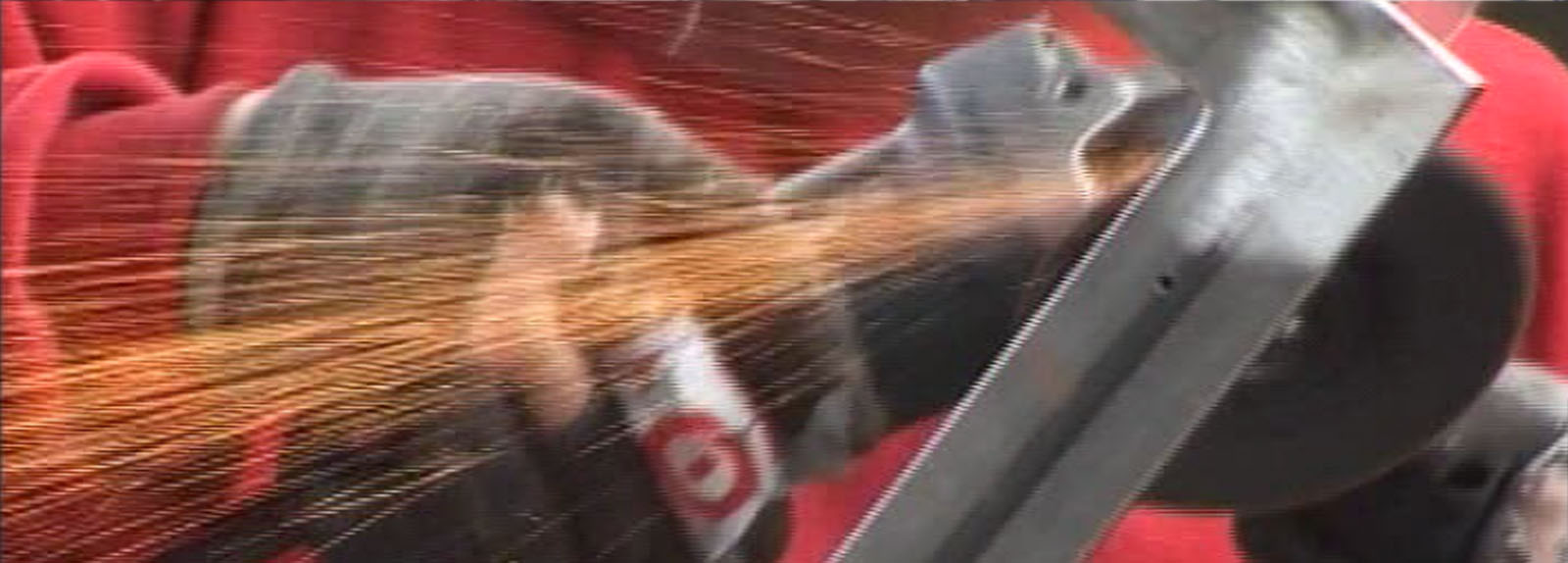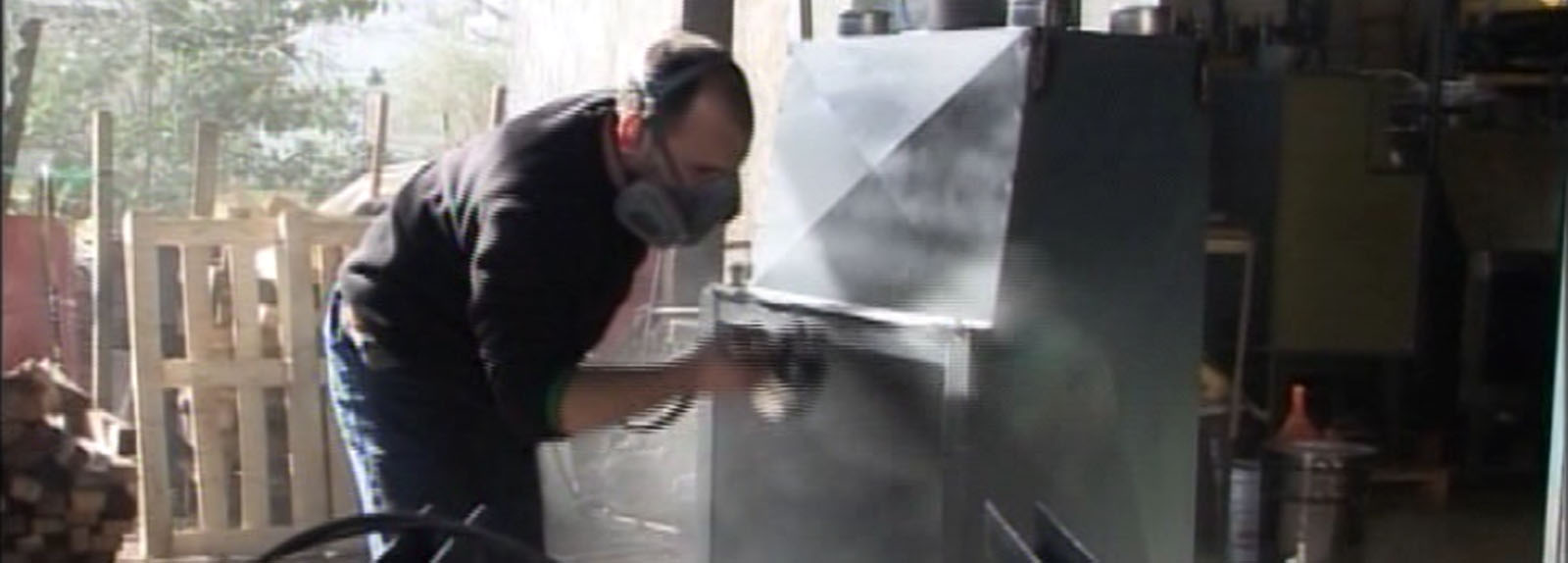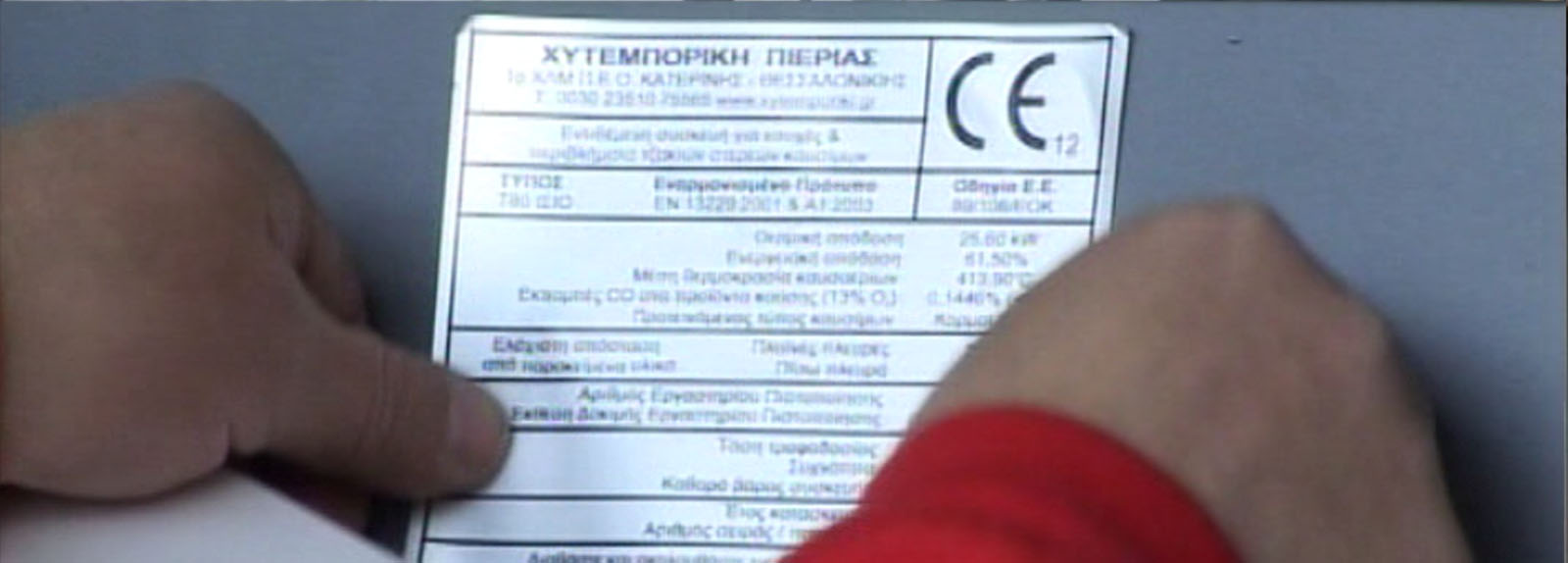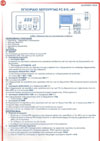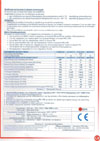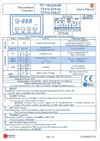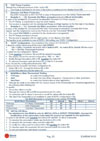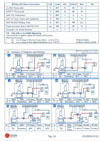FIREPLACE / HEARTH - THERMOSTAT FC 810_v01
BOILER FIREPLACE - THERMOSTAT TC 110-22A-00 / TC 110-23A-02 / TC 110-23A-07
Having selected the type of fireplace we desire depending its use, energy or non-energy, we will also select the area where it will be seated (straight, angle, center living room) thus we are left with the choice of it being straight, 3-sided, round or Quattro.
The correct way to light up fireplaces is the following: at the early stages of combustion we use slender branches or firelighters available at commerce. Next we use timber of hardwood trees and trees with specific density such as plane-tree etc.
WARNING!! Woods like pine, fir, beech, etc. give a big flame but burst due to the resin. Also, the resin sticks to the walls of the chimney and the fireplace requiring therefore frequent cleaning of the chimney. Furthermore the beech tree, the aspen, the peach tree, etc. also give a big flame, they have however low thermal efficiency.
Nonetheless special attention needs to be given to the storage of fuel woods. The best fuel woods are the ones which have been stored for a period of time over 2 years and have been fully dried. Woods must be stored in an indoor and well ventilated space. Their moisture should be below 10%.
HELICAL SEAM PIPE
WARNING!! HELICAL SEAM PIPES ARE UNSUITABLE FOR CHIMNEYS DUE TO THEIR:
- Decreased high temperature tolerance and their decreased lifetime.
Metal welding spots tend to get loosen at high developing temperatures and open. Acid corrosive materials (fluids) are trapped in their foldings; hence the rotting of the pipe and the fumes coming into our space could provoke fatal poisoning.
- Lower material quality – Increased possibility of fire
Its low production cost, makes her unsuitable for chimney use due to its limited tolerance, the compounds have the tendency to loosen and open. Even regular checks cannot rule out the possibility of inflection. At great lengths the phenomenon of expansion becomes even more obvious so that one pipe unbuckles the other. The wildings don not even provide seaming, especially in the case of a roof there might be an occurrence of inflammation and fire in our house.
- Certification default
Even production companies are incapable of certifying it for the safe use of the chimney and no function and installation guarantees are provided.











